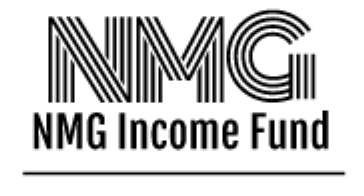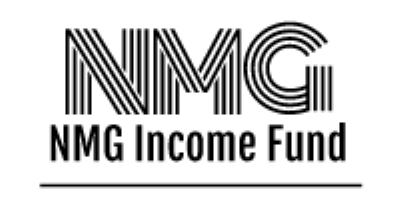WHO IS AN ACCREDITED INVESTOR?

An accredited investor is an individual or entity that meets certain financial criteria set by regulatory authorities, typically in the context of securities offerings and investment opportunities. In the United States, the criteria for accredited investors are defined by the Securities and Exchange Commission (SEC) under Regulation D of the Securities Act of 1933.
According to the last update in January 2022, an individual may be considered an accredited investor if they meet one or more of the following criteria:
1. Income Test: The individual has had an annual income of at least $200,000 ($300,000 for married couples) in each of the past two years, with a reasonable expectation of reaching the same income level in the current year.
2. Net Worth Test: The individual has a net worth (or joint net worth with their spouse) exceeding $1 million, excluding the value of their primary residence.
3. Professional Certification:The individual holds certain professional certifications, designations, or credentials that qualify them as knowledgeable and experienced in financial and investment matters. This can include licensed securities professionals, registered investment advisers, or certain executives of private funds.
Entities such as corporations, partnerships, trusts, and certain types of institutional investors may also qualify as accredited investors based on their assets, financial status, or professional expertise.
The purpose of accredited investor status is to determine eligibility for participating in certain types of private securities offerings, hedge funds, private equity funds, venture capital investments, and other alternative investments that are not registered with securities regulators and may involve higher levels of risk and complexity. By limiting access to accredited investors, regulators aim to protect less sophisticated investors from the risks associated with these types of investments.

